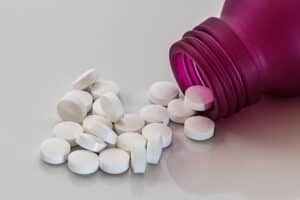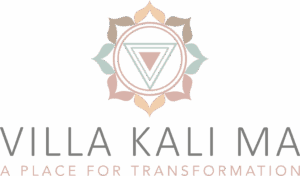False Friends: Psychiatric Medications and Prescription Drug Dependence
Psychiatric medications, also called psychotropics, are designed to treat mental health issues. They are prescribed with the intention of assisting us to feel happier, more resilient, and more capable of living fulfilling and meaningful lives.
Psychotropics are typically prescribed when we are given a diagnosis like depression, anxiety, bipolar disorder, ADHD, post traumatic stress disorder, or schizophrenia. Many psychiatric medications are household names, such as, Prozac, Ritalin, Xanax, and Ambien.
Women with addiction are particularly likely to have been diagnosed at some point in their lives with a mental health condition and placed on one or more prescription medications to treat it.
At Villa Kali Ma, we generally favor an integral, holistic, and non-medicated approach to recovery. If you have not yet been placed on a psychotropic, we will not encourage you to start using them, though we also understand that in some cases very short-term use for stabilization may be beneficial. Women struggling with mental health conditions should focus solely on inner emotional support and support groups.
We believe that recovery from addiction is not only possible without psychotropics but preferable when you take the lens of long-term health, safety and sustainability. If you desire a successful recovery process, mental health disorder treatment programs should be specifically tailored in holistic rehab centers.


 Another suite of addictive pharmaceuticals is the category of prescription stimulants, which include Adderall, Concerta, Dexedrine, and Ritalin.
Another suite of addictive pharmaceuticals is the category of prescription stimulants, which include Adderall, Concerta, Dexedrine, and Ritalin. Prescription drug addiction treatment is similar to treatment for other substance abuse disorders and follows a similar course.
Prescription drug addiction treatment is similar to treatment for other substance abuse disorders and follows a similar course.